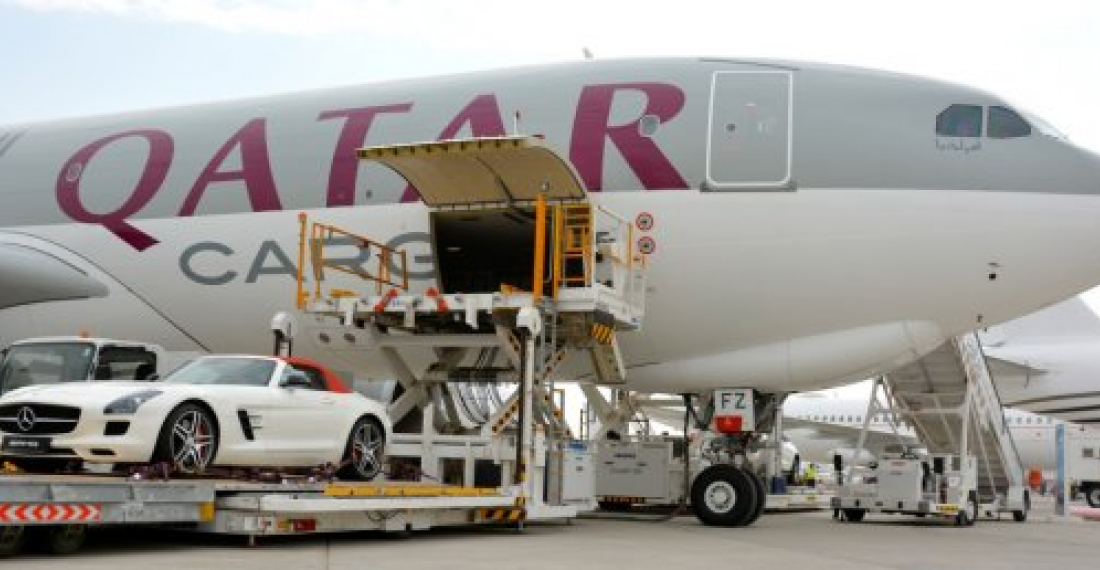Trade of goods between Saudi Arabia and Qatar is resuming today at various crossings, according to the Qatari General Authority of Customs.
The General Authority of Customs has issued a number of regulatory and precautionary controls pertaining to the movement of imported and transiting goods from the Salwa border port in the Kingdom of Saudi Arabia to the Abu Samra border port in the State of Qatar, Qatar's news agency reported.
In addition to the normal trade regulations and controls on goods, precautionary measures will also be in place to prevent the spread of COVID-19.
Truck drivers arriving at the port must have a certificate, recognized by the Saudi Health Ministry, showing a negative COVID-19 test result within the past 72 hours.
In addition, Qatar Airways Cargo will recommence operating services to and from Egypt, UAE and Saudi Arabia from 21 February.
“The resumption of passenger flights to these three countries is great news, allowing us to re-establish trade and support our customers. Along with the flights, we will also be offering trucking services to and from other offline points within these countries,” Guillaume Halleux, Qatar Airways Chief Officer Cargo said in a statement.
The airline also appointed General Sales Agents for the three countries.
Trade and customs operations are resuming as a result of the AlUla agreement last month in which Saudi Arabia, the UAE, Bahrain and Egypt restored relations with Doha following a three-year diplomatic dispute.







